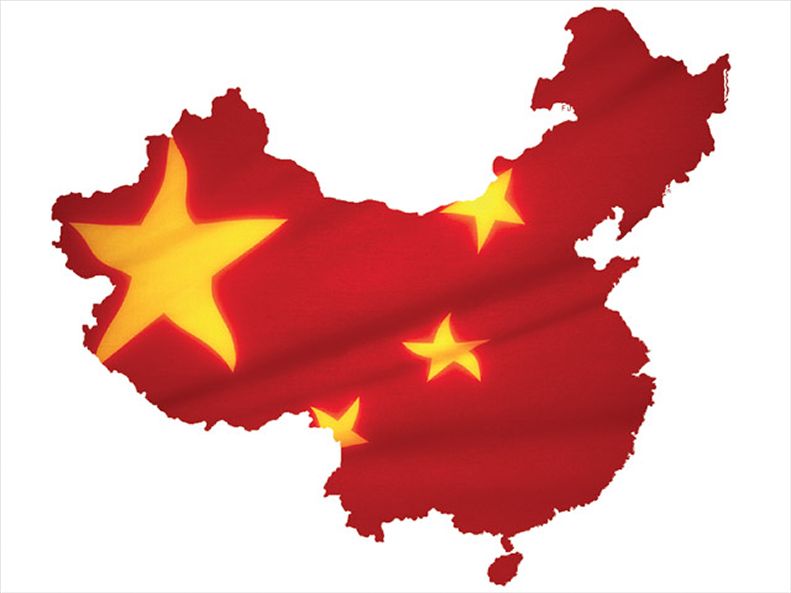Looming Trust Fund Default Increases Scrutiny of China’s Financial Industry
By Dezan Shira & Associates
Posted: 11th February 2014 08:41
A looming trust product default of 3 billion RMB (approximately US$500 million) recently raised concerns about the regulatory system of China’s financial industry. The product in question was issued by China Credit Trust Co., with funds mostly invested in the assets of an unlisted Chinese coal company that has subsequently gone into liquidation.The state-owned Industrial and Commercial Bank of China (ICBC) acted as a custodian and had been marketing the fund to their private banking clients. According to AASTOCKS.com, a Hong Kong-based news agent, ICBC has suggested that it would not reimburse the investors if the product defaults.
As reported by Reuters, an ICBC spokesman said that, “regarding this unsubstantiated rumor, a situation completely does not exist in which ICBC will assume the main responsibility (for the trust product).”
The coal company in question is Shanxi Zhenfu Energy Group, whose Vice-Chairman was arrested in 2012 for taking deposits from the public without getting permission from the Central Bank of China and, therefore, were illegal transactions. China Credit Trust subsequently warned that the company had also taken out high-interest underground loans, making its total liability far more than the company assets.
The product is scheduled to mature on January 31, 2014. China Credit Trust stated in their report that the government supervision departments, including the China Banking Regulatory Commission, has participated in negotiations with ICBC. If the product fails to pay out as promised, and ICBC fails to compensate the losses of investors, it will call into question the long-held assumption that state-owned banks will always step in to protect investors from losses on risky off-balance-sheet investment products, and the country could see its first trust product default.
The potential default is especially notable given China’s ongoing interest-rate liberalization and plans for banking system reform.
Investors with funds in China have been attracted to such funds as they offer safer ways to make money on financial assets – the interest rates in China having been at a low for several years now. Also, although the banks are not legally required to shield investors from possible losses of such products issued by shadow banks, it is widely assumed that they are backed by state-owned banks because state-owned banks usually help market the products.
The offering by banks such as ICBC of such funds has also impacted upon foreign investors.
“Our own firm has recently invested part of our financial deposits with funds recommended by ICBC,” says Chris Devonshire-Ellis of Dezan Shira & Associates. “Like many medium-large businesses in China, we retain significant cash deposits in the country due to the USD-RMB position working in China’s favour, the additional 5 percent tax we pay if we repatriate and the need for us to retain easy access to cash reserves should something go wrong in the country. These funds have been sold by ICBC staff as low risk. However we became unhappy with some of the sales material and overall economic climate and stopped placing funds in any China trust just before New Year.”
The current situation is expected to lead to a pullback of financing from such trust and other wealth management products in China. This would hurt local governments, which have relied upon these products to produce high growth rates. A marked impact on property assets may also arise.
“Our view is that China is likely to experience a banking default this year. It won’t be one of the majors, but we may see some local and provincial banks go to the wall as Beijing seeks to make an example of poor financial management and corruption. Now is not the time to be investing in these types of financial products in China and we urge foreign investors who have placed money in these products to try and earn some additional revenues from their reserves to examine their portfolios.
We advise businesses to be very cautious concerning their financial asset management in the coming year. Our firm has stripped all monies out of these products and are just keeping our money on deposit with the major banks. It is a frustrating return on cash assets given the low interest rates but currently the only safe environment right now in China to place them,” Chris further commented.
The current situation is not without precedent, although on this occasion it was the first time a China trust fund has become insolvent. In 1999, the Guangdong International Trust & Investment Corporation (GITIC) went bankrupt, owing international institutional investors some US$4.4 billion. The bankruptcy, still China’s largest, was controversial at the time as the Central Government refused to reimburse investors. All had been given the impression the fund was Government backed. Beijing declined to refund any investor who had not registered their investments into GITIC with the State Administration of Foreign Exchange, a technical and evasive loophole that at the time angered many.
It remains to be seen what impact this new potential default will cause, with both the energy company, the trust fund, and the bank all being Government owned, yet with China’s legal and political complexities leaving creditors with nowhere to go in terms of placing responsibility or seeking redress.
This article was first published on China Briefing.
Dezan Shira & Associates is a specialist foreign direct investment practice, providing corporate establishment, business advisory, tax advisory and compliance, accounting, payroll, due diligence and financial review services to multinationals investing in emerging Asia. Since its establishment in 1992, the firm has grown into one of Asia’s most versatile full-service consultancies with operational offices across China, Hong Kong, India, Singapore and Vietnam as well as liaison offices in Italy and the United States.
For further details or to contact the firm, please email info@dezshira.com or visit www.dezshira.com.




Comments